Apple CEO Tim Cook continued his annual European press tour this week with a visit to Berlin, where he met app developers, visited local Apple stores and discussed a range of pressing topics in an interview with a local journalist.
German language magazine Stern caught up with Cook at the headquarters of Blinkist, a startup whose eponymous iOS app compresses non-fiction books into short, easily digestible audio and text snippets dubbed "blinks."
After rubbing elbows with Blinkist's founders and employees, who presented a history of their business and asked Cook for advice on potential app features, the Apple chief sat down with reporter Christoph Fröhlich for a brief interview. An App Store monopoly lawsuit, iPhone 11 pricing and Apple TV+ were broached during the session.
On the App Store, Cook addressed allegations that Apple has created a monopoly with its curated app portal.
In May, the U.S. Supreme Court allowed an 8-year-old anti-competition case to move forward in lower court. Plaintiffs assert Apple's decision to restrict iOS device users to a single first-party store grants a monopoly through which the company can apply a mandatory 30% cut of most purchases, thus leading to artificially inflated prices. Complainants argue for access to third-party app stores or the ability directly purchase apps from developers.
The Supreme Court decision opened the door to additional antitrust lawsuits targeting Apple's walled garden approach to apps. Others sued over the tech giant's developer fees.
Cook addressed the matter, saying, "No reasonable person would ever call Apple a monopolist." (Machine translation)
The quote appears to be a dig at Spotify, which in March did just that in response to Apple's official statement on an antitrust complaint the streaming service lodged with the European Commission.
But Apple's tight control of the App Store and the wider iOS ecosystem is an advantage, according to Cook.
"Customers buy an experience from us, and this experience includes a trustworthy place to buy apps in which we curate and check all applications," Cook told Stern, noting Apple filters out unseemly apps like those bearing pornographic material. "Anyone can take their iPhone and access that content in the browser, but we do not offer it ourselves."
Another bone of contention is Apple's increasing large App Store presence. With products like the iWork suite and a variety of free apps, the company is not only a software distributor, but for some a competitor.
"We have 30 to 40 apps, versus more than two million others," Cook said. He compares the App Store to a supermarket, saying, "The likelihood that it has its own brand is very high, and who benefits from having another product on the shelf? The customer. And that's a good thing."
The executive went on to discuss Apple TV+, Apple's first foray into subscription video streaming. Unlike most competitors, Apple TV+ will be available for a relatively low monthly fee of $4.99 when it goes live on Nov. 1. Further, customers who buy eligible hardware like iPhone and iPad get a year of service for free as part of limited time promotion.
When asked whether he believes the aggressive pricing has rattled industry stalwarts like Netflix, Cook demurs.
"I do not think the competition is afraid of us, the video segment works differently: it's not whether Netflix wins and we lose, or we win and they win," Cook said. "Many people use multiple services and we are now trying to become one of them."
Finally, Cook fielded a question about iPhone 11, which sells for $50 less than its iPhone XR predecessor.
"We always try to keep our prices as low as possible and fortunately we were able to lower the price of the iPhone this year," he said.
Over the past few days, Cook met with developers, visited Apple's Bavarian Design Center and stopped in at various Apple stores in Munich, Berlin and Paris, France. On Tuesday, he dropped in on a Today at Apple session at Apple Champs-Élysees.
Cook's European tour has become something of a fall tradition over the past two years. In October 2017, the Apple head traveled to the UK and Sweden, while a 2018 trip included a stop in Spain.
 AppleInsider Staff
AppleInsider Staff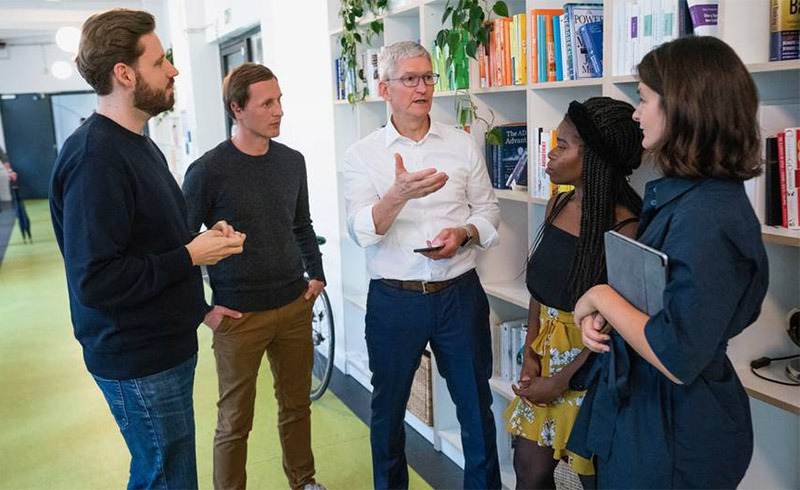



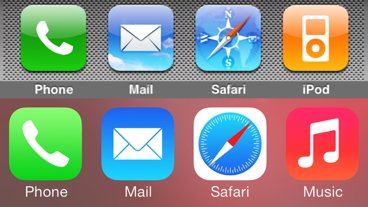
-m.jpg)


-m.jpg)





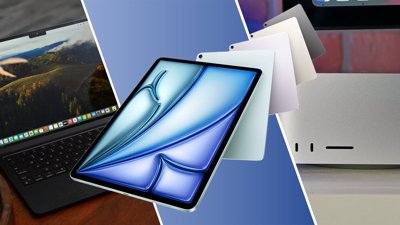
 Christine McKee
Christine McKee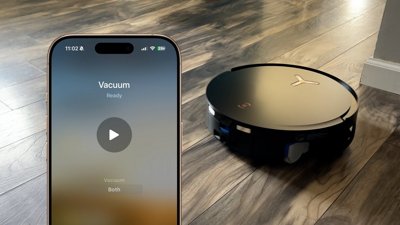
 Andrew O'Hara
Andrew O'Hara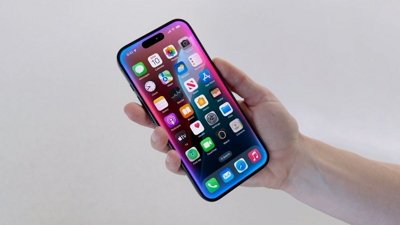
 Mike Wuerthele
Mike Wuerthele

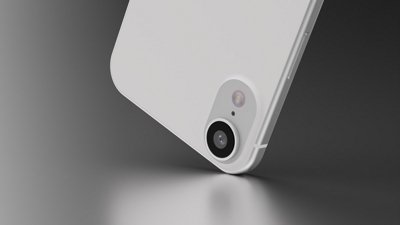
 William Gallagher
William Gallagher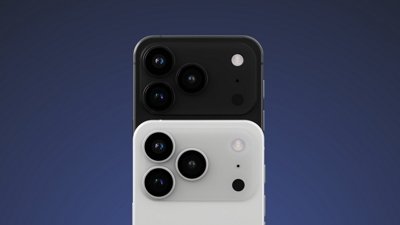
 Malcolm Owen
Malcolm Owen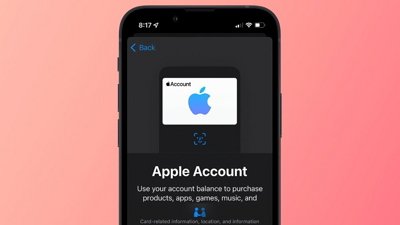


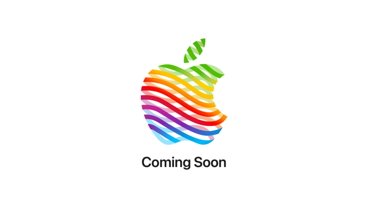




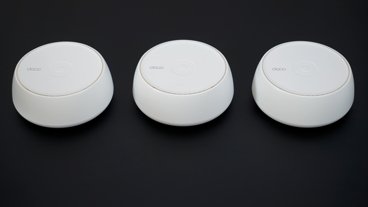

40 Comments
Interesting read and the fact Tim Cook himself doing all the promotion is pretty cool.
I wonder (and fully understand it is not a direct parallel) but could Mercedes-Benz be sued for not allowing another type of engine control computer management system in their automotive ecosystem or infotainment? if someone wanted to make their own and install it, why is Mercedes allowed to void all warranties (and making it near impossible to install that software anyways)? I would suppose because Mercedes is making sure that they are delivering a computer system in their cars that does the job correctly and quickly with an overall experience that customers would enjoy (even if they do not know how much of their car is controlled by computer management). I see apple the same way--they know exactly what is under the hood, they are making their systems work flawlessly so that users have an effortless and pleasurable experience.
Mercedes does not let anyone make software for their instrument clusters or infotainment system (not when I was working for them--last year in 2012). There are other cars to choose from, just like there are other phones. Mercedes is protecting their product and how people view their products by not letting in just any old software, same with apple. No one is forcing developers to write for apple.
I believe the more valid complaints are about the developers' fees and perhaps apple's 30% cut. But without apple making the developer's job easier with swift, and the app playground, and advertising and hosting the app on their servers, allowing users the ability to access that app with ease and a system to review it--it is hard to take all of that complaint seriously. How much did small app makers make before?
Like the local mall where the floor space is the property of the mall and vendors pay rent, or the lobby and screening rooms a movie theater owns, iOS remains the property of Apple.
You own your iPhone and can do what you want with the hardware; toss it off a roof if you like in some extreme drop test.
But you have only a license to use the operating system and all it’s libraries that software makes calls to. That’s the space Apple rents to developers, and the price is a percentage of the take.
You can shop outside the mall, you can watch movies outside the theater, and you can run apps on other operating systems. In all cases the world outside these venues is far bigger than inside. No monopoly involved.
Why do iHaters have an excruciatingly tough time understanding this?